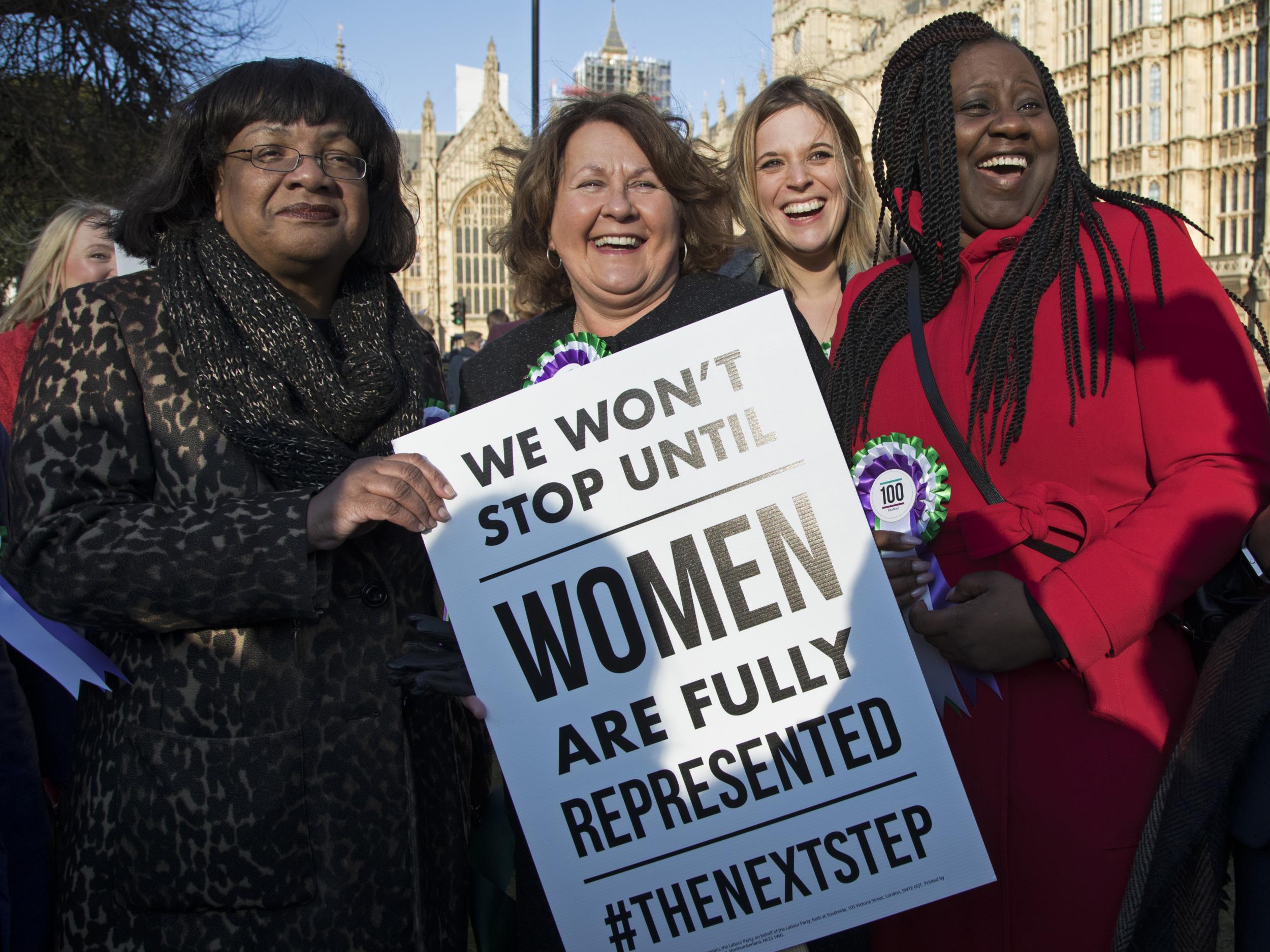Brexit, bullying and transgender rights: Why are women turning their backs on the Labour Party?
Women are angry about Labour’s policy on Brexit and allegations of antisemitism against some prominent party members, but one issue is dominant: transgender rights and, specifically, gender self-identification and the party’s position on allowing trans women onto all women shortlists


There’s a mystery about Jeremy Corbyn. I don’t mean the news this week that the Labour leader met Czech spies in the 1980s, passing on the absolutely dynamite information – according to their intelligence file on him – that he was negative towards the USA and the politics of the Thatcher government. But there’s an apparently more baffling conundrum: why is he losing women voters?
It may just be one poll, by YouGov earlier this month, but it is one that has caught alight, if Twitter and Mumsnet are anything to go by. The survey showed a three-point drop for Labour among all voters, but a six-point fall among women. The same poll suggested what is now becoming a trend: despite an embattled Prime Minister and a government hamstrung over Brexit, Labour are slipping further behind the Conservatives.
Mumsnet, the parenting website with millions of users, has been debating this six-point fall among women voters for the past week, with a thread dedicated to the issue gathering almost 500 posts. Women there are angry about Labour’s policy on Brexit and allegations of antisemitism against some prominent party members, but one issue is dominant: transgender rights and, specifically, gender self-identification and the party’s position on allowing trans women onto all women shortlists. One user described Labour’s policies as a “complete dismissal of women” while others said they would refuse to vote for the party until its policy on self-identification changes.
A hashtag on Twitter, #LabourLosingWomen, has been similarly popular – although, because it is Twitter, it has been also hijacked by users telling women why they’re wrong to desert Corbyn. A second hashtag created in response to the first, #LabourLosingTransphobes, shows the intensity of the debate around this fraught issue.
Can the row over Labour’s all-women shortlists really be responsible for a six-point drop among female voters? It seems extraordinary that one issue – and an issue that has not received much attention beyond social media – would cause such a slump in the polls. Whatever it is, the question must be: is Corbyn bothered about losing female voters, and if so, what is he going to do about it?
The six-point fall matters because women have traditionally favoured Labour, the party of the public services, over the Conservatives. As it stands, there are no signs that these female voters are flocking to Theresa May, suggesting women are becoming disaffected with all parties. And all parties should want to step up their offer to female voters, if they cared about winning the next election.
Paradoxically, while the #MeToo movement, the #TimesUp campaign and the 100th anniversary of the first women getting the vote have seen feminism celebrated as never before, mainstream political parties seem to have deserted the pitch on policies for women. Perhaps because both Labour and the Conservatives have had to deal with their own senior politicians being accused of sexual harassment, they are becoming electoral turn-offs.
Corbyn has no shortage of prominent female shadow cabinet members who are strong role models for women and girls: Diane Abbott, Emily Thornberry, Angela Rayner and Dawn Butler, to name just a few. Yet other high-profile female Labour MPs – who have achieved progress for not only women but working-class voters and who happen to not be on Corbyn’s front bench – are routinely castigated by his supporters in the media. Stella Creasy was yet again the subject of personal attacks by the left-wing website Skwawkbox this week after she posted a picture of herself with the Culture Secretary Matt Hancock; Jess Phillips is repeatedly called a “Tory” by Corbyn supporters. The most senior Labour woman in local government, Claire Kober, resigned as leader of Hackney Council, citing bullying and sexism by local Momentum members. John McDonnell, the second most senior person to Corbyn, still refuses to apologise for repeating a joke about “lynching” Esther McVey – this nasty, personalised attacking style of politics is repellent to women and men, but it certainly doesn’t go down well on Mumsnet. Twitter has become a hostile environment for women who dare to approach politics in a consensual way. It is a toxic atmosphere that seems to be seeping into the wider electorate.
If female voters are drifting away, I imagine there is no single factor, but a general impression left by Corbyn and those around him that Labour is not as female-friendly as it once was. If the Labour leader wants to win the election, he needs to act now to win women back.


Join our commenting forum
Join thought-provoking conversations, follow other Independent readers and see their replies